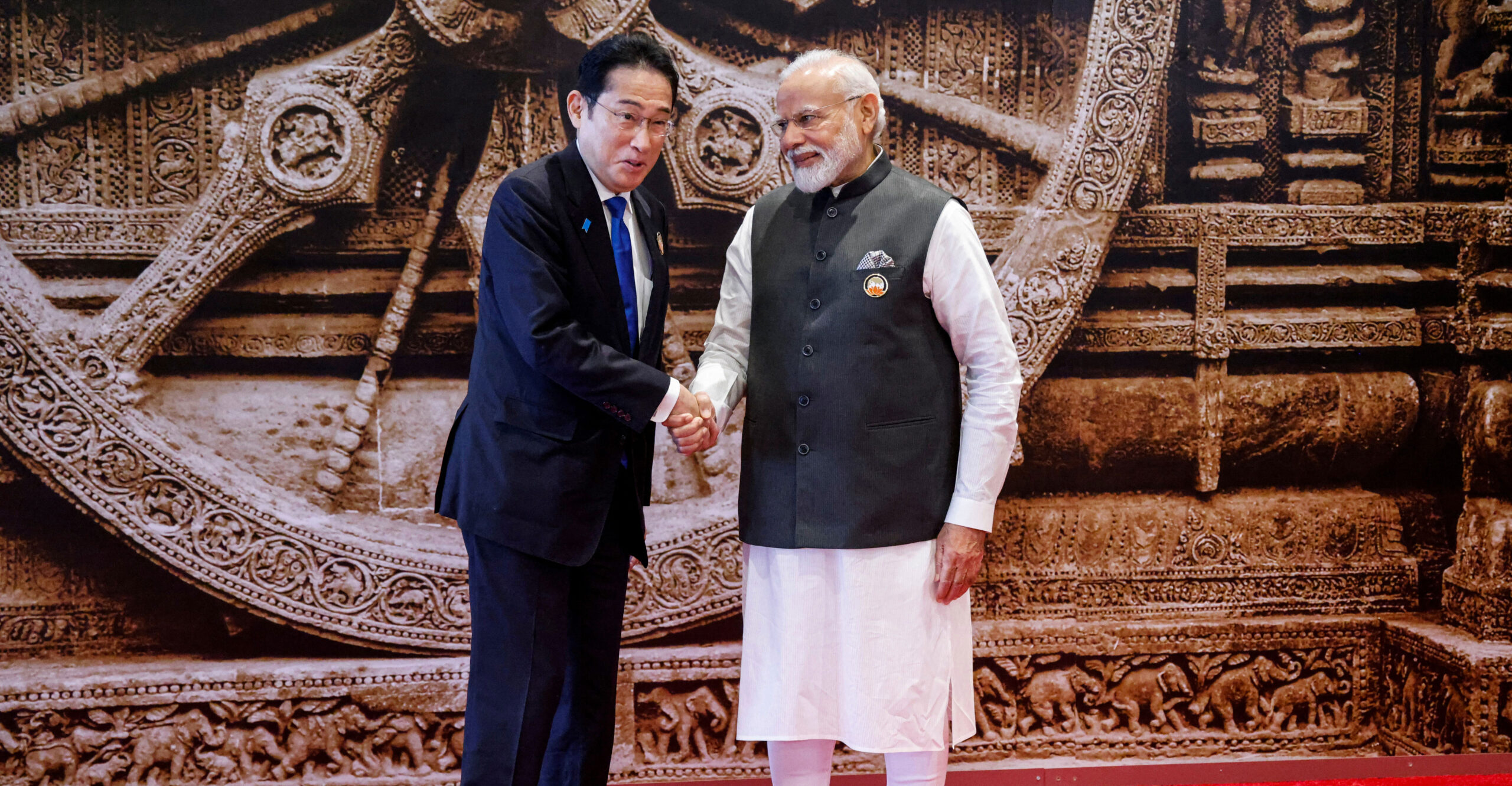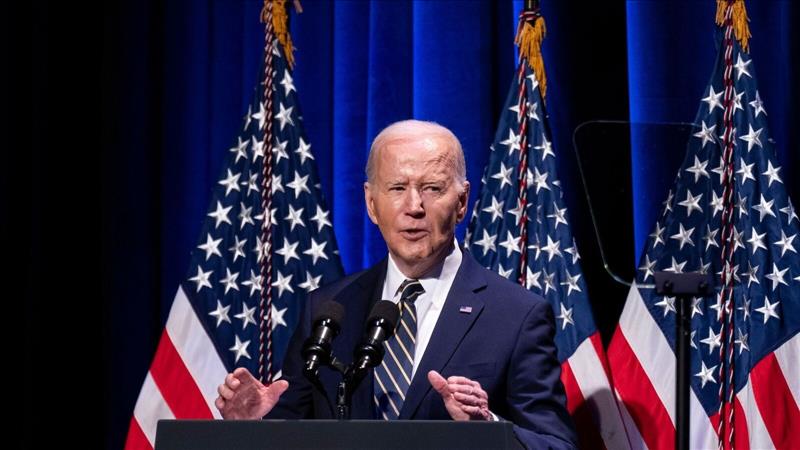




US President Joe Biden's recent comments labeling Japan and India as 'xenophobic' nations have ignited controversy and criticism. During a campaign fundraising event, Biden argued that these countries could enhance their economic performance by embracing immigration. However, both Japan and India have firmly rejected this characterization, defending their openness and pluralism [76d97f4f].
The Japanese government expressed disappointment over Biden's remarks, emphasizing a misinterpretation of Japan's immigration policies. Chief Cabinet Secretary Yoshimasa Hayashi voiced concerns about the United States' misunderstanding, while reaffirming the strong ties between Japan and the US. Japan has historically maintained cautious immigration policies, with Prime Minister Kishida ruling out a comprehensive immigration program due to societal resistance [76d97f4f].
India, another critical ally in the Indo-Pacific, also dismissed Biden's comments. The White House praised Indian citizens for exercising their right to vote, calling India a vibrant democracy. National Security Communications Advisor John Kirby clarified that Biden intended to highlight the vibrancy of democracy in the US [12eeac23]. The US-India relationship has seen significant strengthening under Prime Minister Narendra Modi, with collaborative initiatives on emerging technologies and the Indo-Pacific quad, reflecting a robust partnership [224cfd40] [f9bd4edd].
In a broader context, U.S. Defense Secretary Lloyd Austin noted that the Biden administration has significantly advanced America's relationship with India over the past four years. He highlighted NATO's strengthening, with 50 countries focused on security assistance to Ukraine, and improvements in relations with the Philippines. Austin emphasized Japan's doubled defense investment, marking the Indo-Pacific as a key focus area for the US [212f05be].
However, Biden's remarks have raised concerns about their impact on these vital relationships, especially as Japan and India are crucial to the US Indo-Pacific strategy. Both nations possess significant economies and defense budgets, and the US-Japanese alliance along with the US-India partnership is grounded in shared values and interests [76d97f4f].
Adding to the complexity, a recent report from the Economic Times highlights that despite advancements in the India-US strategic relationship under Biden, challenges remain. The successful G20 summit and the initiation of the India-Middle East-Europe Economic Corridor (IMEC) have bolstered ties, yet tensions persist due to US skepticism over India's friendship with Russia and concerns regarding tech integrity. Furthermore, US indictments against Gautam Adani have created friction, and the White House's meeting with Sikh activists has irritated India [6b0e1d84].
The report underscores the need for both nations to navigate these hurdles carefully, as India is expected to align more closely with US political agendas while balancing its own regional interests in Bangladesh, Myanmar, and Pakistan. As the Biden administration approaches its next phase, the future of India-US relations remains a pivotal topic in international discourse [6b0e1d84].